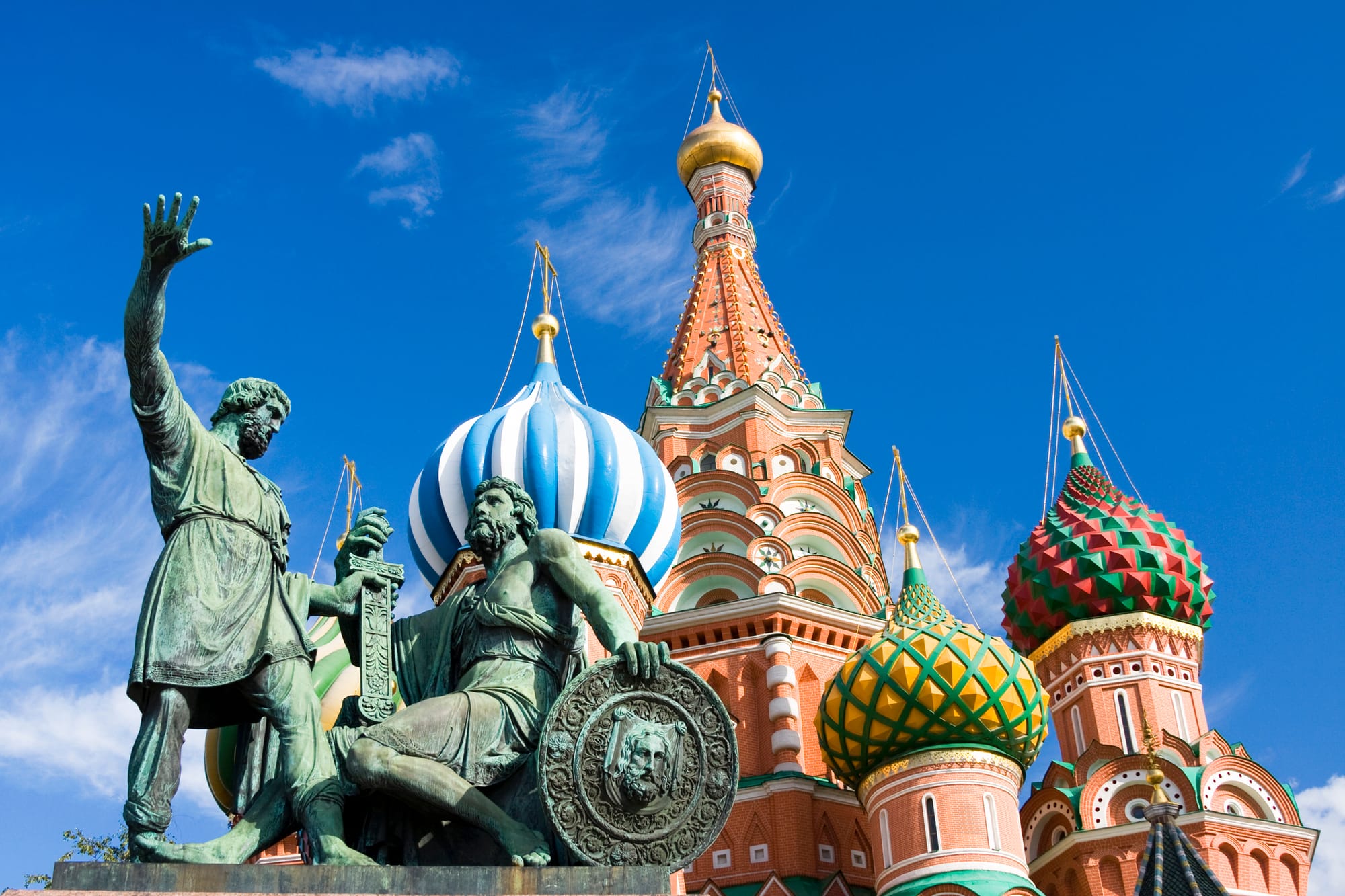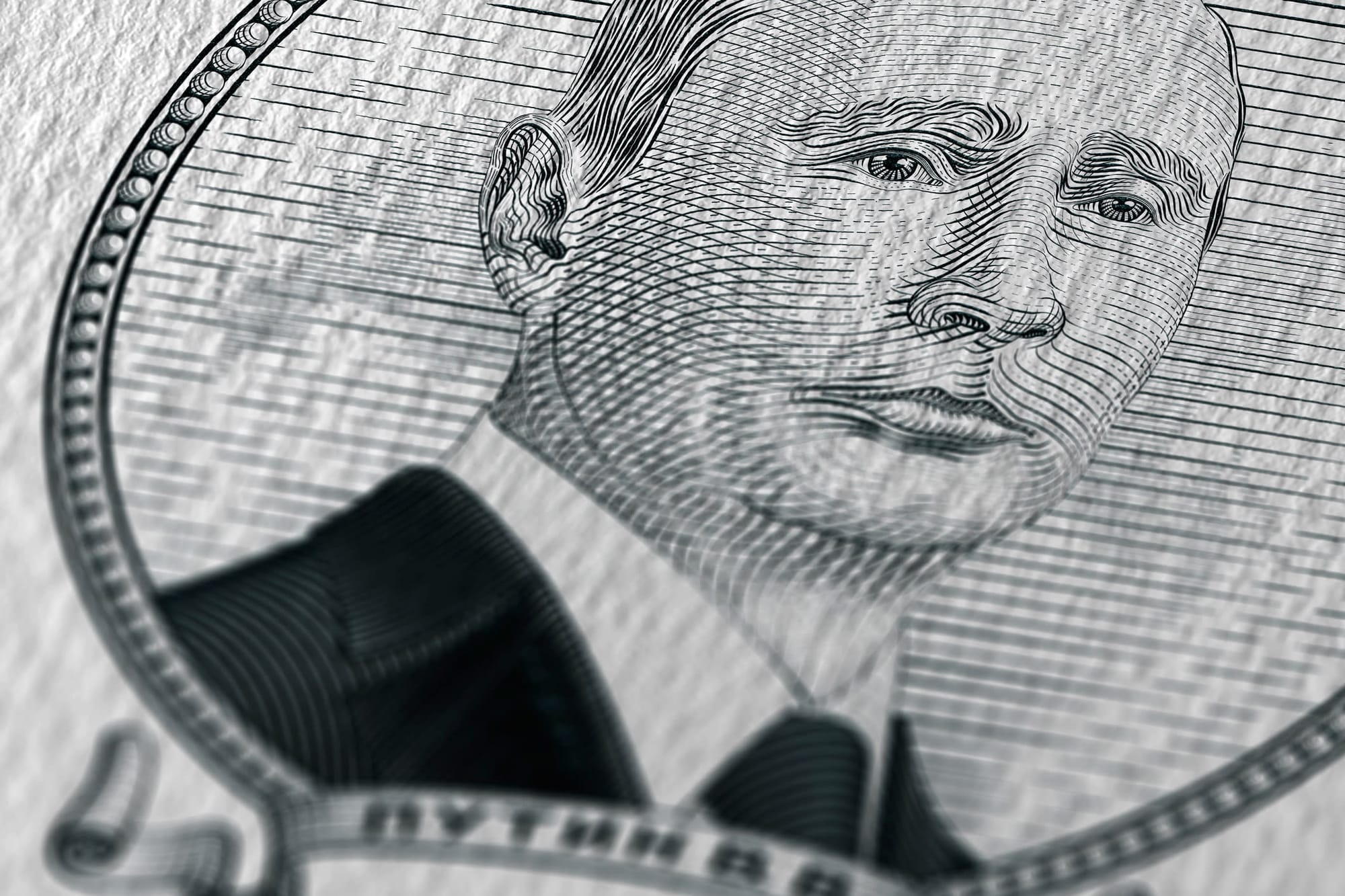
Building on the momentum of the Olympic Athletes from Russia’s men’s ice hockey team’s gold medal win in Pyeongchang, and his provocative, stirring Address to the Nation, in which he unveiled Russia’s new ‘indestructible’ nuclear weapons and advanced drone technology, Vladimir Putin on March 3 held an election rally in Moscow’s famous Luzhniki Stadium, reportedly attended by more than 130,000 people.
The Luzhniki Stadium, awash with Russian tricolours and Putin’s campaign slogan, “A Strong President is a Strong Russia”, erupted when the President, flanked by Olympic winners, award-winning director Nikita Mikhalkov and other luminaries, took to the stage and addressed his fellow citizens.
Putin fulsomely praised the athletes’ recent achievements, but reminded the crowd that the IOC deprived Russian athletes of their identity, pride and symbols by banning Russia’s hymn and flag during medal ceremonies. The commander-in-chief then proceeded to lead those in attendance in an ebullient, powerful rendition of Russia’s national anthem. The event summed up how Putin wants to portray himself, the Russian people and the country to themselves and the entire world — united, defiant and proud. And, of course, with him clearly orchestrating it all, centre-stage.
Russian citizens re-elected Putin to a fourth term on 18 March. Based on preliminary results from 95 per cent of the precincts, Rossiyskaya Gazeta, the Russian government daily newspaper, reported that he set a ‘post-Soviet record’, collecting more than 52 million votes (nearly 76 per cent).
A predictable victory
Putin’s win isn't surprising. There was no real political force capable of counter-balancing or challenging him. Opposition leader Aleksei Navalny was barred from competing due to a fraud conviction — part of an ongoing politically oriented campaign to silence the anti-corruption campaigner.
Incumbent Putin had huge media advantages over other candidates. The evening news arguably constituted a de facto three-month Putin campaign advertisement, frequently broadcasting minutes-long reports of him meeting Olympians, war heroes, world leaders, distinguished scientists and inventors — performing presidential duties presidentially.
Other candidates often appeared petty, insignificant, and even foolish in the few seconds or sound grabs the media allotted to them nightly.
Standout examples were the youthful Stalinist-inclined leader and Communists of Russia Party candidate, Maksim Suraikin, racing around in a go-kart, and television personality Kseniya Sobchak, the democratic-oriented Civic Initiative’s nominee, and the only woman to make it to the final stage of the election – but far from the only one who competed — presenting her (predictably unsuccessful) case to disqualify Putin as a candidate for already serving two terms as Russian President before a near-empty room in the Supreme Court.
Some opposition leaders called for boycotts to protest against what they framed as a sham election.

Sixty-four candidates initially announced their intention to compete in the contest. Seven, along with Putin, made it on the ballot paper.
All parties represented in the lower house of parliament, the State Duma, may nominate candidates for president; a right that United Russia (UR, the de facto party of power), Just Russia (JR) – a social democratic-oriented Kremlin-created party – the Communist Party of the Russian Federation (CPRF) and the nationalist-populist Liberal-Democratic Party of Russia (LDPR) possess.
UR, led by Prime Minister Dmitry Medvedev, and JR supported Putin rather than one of their own members. CPRF candidate Pavel Grudinin, paradoxically a millionaire businessman, attracted 11.9 per cent; LDPR leader and candidate Vladimir Zhirinovsky, who made his sixth run for the presidency, earned 5.8 per cent.
Others from non-parliamentary parties fared less well.
Sobchak won 1.6 per cent. Yabloko party leader and candidate, veteran democratic activist and economist Grigorii Yavlinsky, took 1 per cent; Boris Titov (the presidential ombudsman for business, and the pro-entrepreneur Party of Growth’s candidate and leader), Communists of Russia’s Suraikin, and former Duma deputy speaker Sergei Baburin (the nationalist Russian All-People’s Union’s candidate) all secured lass than 1 per cent.
Russian pride
Putin’s campaign stressed revived pride in Russia, and its military and technological achievements — all done on his watch — regardless of international opinion.
He shrugged off accusations of Russian involvement in the poisoning of former double agent Sergei Skripal and his daughter, Yulia.
In an interview with NBC, he dismissed allegations Russia interfered in the US presidential elections, and pointedly refused to extradite any Russian charged for such offences. Arguably, Putin not only didn't care about the West’s reactions to his statements, he didn't consider it his intended audience. Jamestown Foundation analysts suggest the Skripal case demonstrates the high price of treason to the internal opposition, and that traitors have nowhere to hide to escape retribution.
Indeed, not all Russians would have felt part of the Luzhniki crowd. Some opposition leaders called for boycotts to protest against what they framed as a sham election.
Fearing a low turnout would cast doubt on both the election and Putin’s legitimacy, some election officials concurrently conducted local referenda to entice voters to come to the polls, and to maintain the spectacle of Russian politics’ integrity.
The Luzhniki rally conveyed a message of pride, solidarity between the President and the people, and a strong nation defiantly moving forward in the face of international criticism. However, not all voices – at least in the political arena — were (or are) singing in unison.





